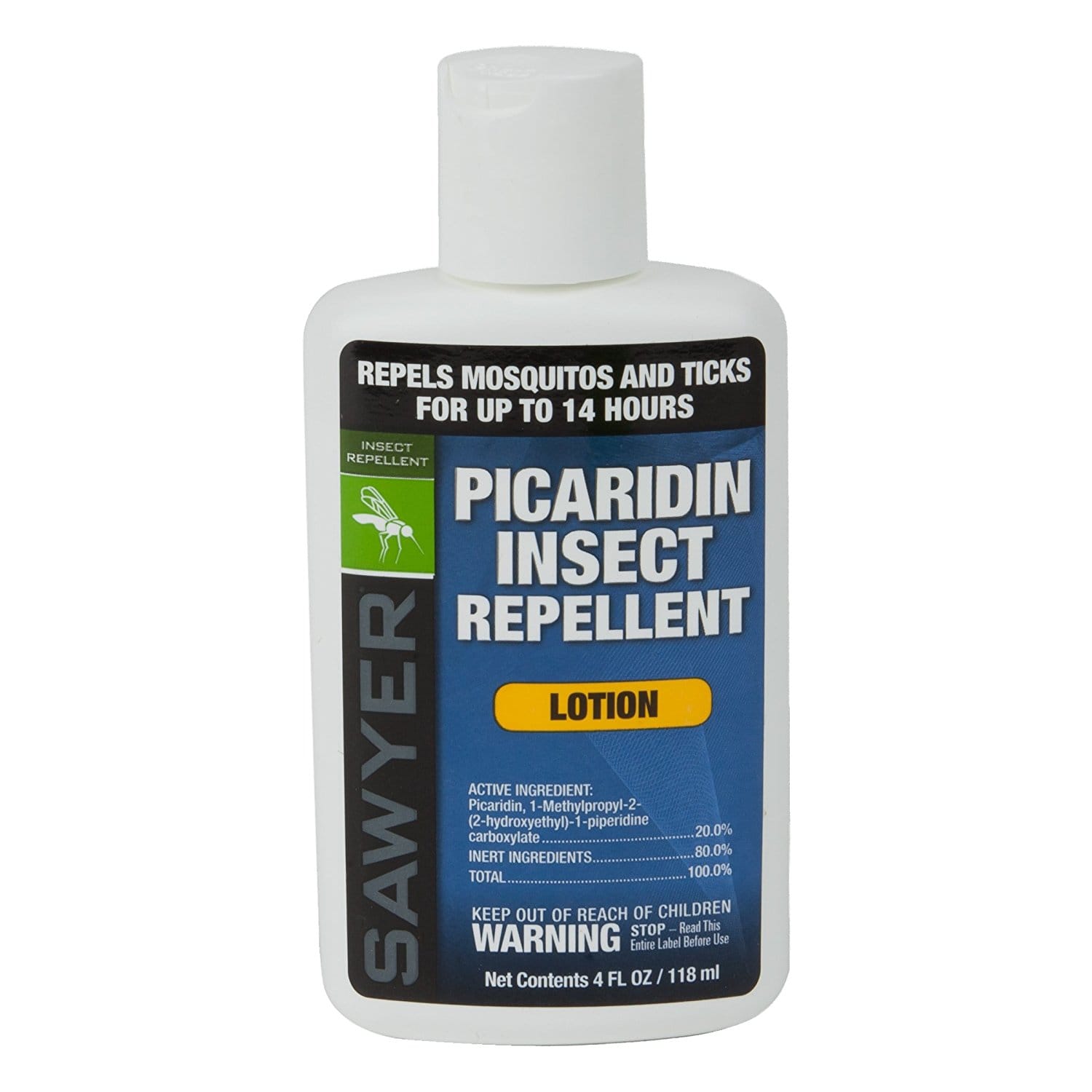Summer shouldn’t mean constant swatting and itchy bites! This comprehensive guide helps you choose the best protection against gnats and mosquitoes for your family. We’ll explore chemical and natural repellents, preventative strategies, and how to tailor your approach for indoor and outdoor environments. Let’s get you back to enjoying the outdoors, bite-free!
Understanding Your Enemies: Gnats & Mosquitoes
Before choosing a repellent, let’s understand our adversaries. Many gnat and mosquito species exist, each with unique habits and habitats.
Gnat Types & Habitats
Several gnat types impact homes and yards. Fungus gnats thrive in damp soil, often found near overwatered plants. Fruit flies are attracted to overripe fruit and decaying organic matter. Other gnats, like eye gnats, are biting pests. Understanding the type of gnat you’re dealing with guides your control strategy.
Mosquito Species & Behavior
Similarly, various mosquito species exist, with varying preferences for breeding grounds. Some prefer stagnant water in gutters, while others favor puddles or standing water in containers. Certain species are more aggressive biters than others, and some carry diseases like Zika or West Nile Virus.
Health Concerns
While gnat bites are usually only irritating, mosquito bites pose more significant health risks. Understanding these risks highlights the importance of effective protection. For more detailed information on mosquito-borne illnesses, consult resources like the https://www.lolaapp.com/cdc.gov.
Choosing Your Weapons: Repellents & Their Effectiveness
Numerous gnat and mosquito repellents are available. Let’s examine popular options and compare their strengths and weaknesses.
Chemical Repellents
Chemical repellents are generally considered the most effective.
DEET: The gold standard, DEET is highly effective and long-lasting, but some individuals may experience skin irritation. Always follow label instructions carefully.
Picaridin: A gentler alternative to DEET, providing comparable effectiveness with typically less skin irritation. It may be a preferable choice for families with sensitive skin.
Oil of Lemon Eucalyptus (OLE): A plant-based option, OLE is effective but not recommended for young children (under 3 years old).
IR3535: Another effective option, often considered a gentler alternative to DEET, though it might not last as long.
Comparison Table:
| Repellent Type | Effectiveness | Skin Irritation | Cost | Duration (Hours) | Safety for Children (under 3) |
|---|---|---|---|---|---|
| DEET | High | Moderate | Moderate | 6-8 | Not recommended |
| Picaridin | High | Low | Moderate | 8-10 | Generally safe |
| OLE | Moderate | Low | Moderate | 2-3 | Not recommended |
| IR3535 | Moderate to High | Low | Moderate | 4-6 | Generally safe |
| Natural Repellents | Variable | Low | Low | 1-2 | Generally safe (with caution) |
Natural Repellents
For natural approaches, essential oils like lemongrass, citronella, lavender, peppermint, and catnip can provide some repelling properties. Commercial products are available, but you can also create your own mixtures. However, their effectiveness is often more variable and may require more frequent reapplication than chemical repellents. Ultrasonic devices are also available, but their effectiveness isn’t consistently proven. Some experts believe they may have a limited effect in very specific circumstances, but more research is needed.
Proactive Prevention: Stopping Bugs Before They Start
Preventing infestations is crucial. Eliminating breeding grounds and keeping pests out are vital steps.
Eliminating Breeding Grounds
Mosquitoes require standing water to breed. Regularly clean gutters, empty containers holding water (flower pots, birdbaths), and ensure proper yard drainage. For gnats, keep your yard clean, removing decaying organic matter that serves as a breeding ground.
Keeping Bugs Out
Install window screens, seal cracks in doors and windows, and dispose of garbage properly to prevent entry. Keeping your environment clean greatly minimizes the attractiveness of your property to these pests.
Tailoring Your Strategy: Indoor vs. Outdoor Protection
Your approach differs depending on the location.
Indoor Protection
For fruit flies, maintain a clean kitchen, wiping up spills and preventing fruit from overripening. For fungus gnats, allow the soil of houseplants to dry out completely between waterings or use a soil treatment. Sticky traps can be effective for both.
Outdoor Protection
Use insect repellents, especially during dawn and dusk when insect activity is typically highest. Minimize outdoor lighting as insects can be attracted to it.
Choosing the Right Product: Smart Buying Tips
When purchasing repellents:
- Read reviews: Check reputable sources before buying.
- Consider repellent type: Choose based on effectiveness, individual/family sensitivities, and age appropriateness.
- Check concentration: Higher concentrations usually provide longer-lasting protection, but follow label instructions.
- Select application method: Sprays, lotions, candles, and coils are available, each with its pros and cons.
Always carefully read and follow manufacturer instructions for safe and effective use.
What’s the Best Approach for Gnats and Mosquitoes?
A multi-pronged approach combining prevention, repellents, and targeted removal is most effective.
Life Cycles of Gnats & Mosquitoes
Both gnats and mosquitoes have four life stages: egg, larva, pupa, and adult. Targeting different stages requires different strategies. Eliminating standing water is crucial for mosquito control, while removing decaying matter is vital for gnat control.
Prevention: A Proactive Approach
- Eliminate standing water: This is the single most crucial step for mosquito control.
- Landscaping: Maintain a neat yard, removing leaf litter and decaying matter to reduce gnat breeding sites.
- Cleanliness: Regular cleaning, particularly in the kitchen and bathroom, is crucial for preventing gnat infestations.
Repellents: Your Short-Term Defense
Repellents provide immediate protection but aren’t a long-term solution. The best choice depends on individual needs and preferences.
Traps and Zappers: Targeting Adults
Sticky traps and UV light traps target adult insects but are supplementary to a broader strategy. They may also unintentionally kill beneficial insects.
Natural Control: Working with Nature
Natural methods such as repellent plants and introducing beneficial insects offer a gentler approach. However, their effectiveness can be variable.
When to Call a Professional
Severe infestations may require the expertise of professional pest control services.
Will Mosquito Spray Repel Gnats?
Mosquito spray might offer some protection against biting gnats, particularly if it contains DEET or picaridin, but it’s not a guaranteed solution. Effectiveness varies greatly depending on the specific gnat species and the repellent’s concentration. A comprehensive approach is more effective.
What Scents Repel Mosquitoes and Gnats?
Certain scents may deter gnats and mosquitoes; however, their effectiveness varies, and a multi-pronged approach is best.
Natural Repellent Scents
Citronella, peppermint, lavender, lemongrass, and catnip are examples of scents that may repel some insects. However, their effectiveness may be limited, and some people may be allergic to certain essential oils. Always perform a patch test before widespread application. DIY sprays can be made using essential oils, but remember that their effectiveness is usually less consistent than commercial repellents.
Repellent Comparison
| Repellent Type | Effectiveness (1-5) | Duration (hours) | Important Notes |
|---|---|---|---|
| DEET (30%) | 5 | 6-8 | Very effective but can irritate skin; avoid eyes and overuse. |
| Picaridin | 4 | 8-10 | Generally milder on the skin; avoid eyes. |
| Citronella | 3 | 2-3 | Mild skin irritation possible; effectiveness varies considerably. |
| Peppermint | 3 | 2-3 | Might cause skin irritation in sensitive individuals; effectiveness varies. |
| Catnip | 4 (against Aedes) | 2-3 | Works well against Aedes aegypti, but effectiveness varies by species. |
Remember, ongoing research continues to shape our understanding of gnat and mosquito control. The best approach combines several methods, tailored to your specific needs and environment. Always consult a healthcare professional if you experience allergic reactions or other health concerns.
- Unlock Elemental 2 Secrets: Actionable Insights Now - April 2, 2025
- Lot’s Wife’s Name: Unveiling the Mystery of Sodom’s Fall - April 2, 2025
- Photocell Sensors: A Complete Guide for Selection and Implementation - April 2, 2025
















